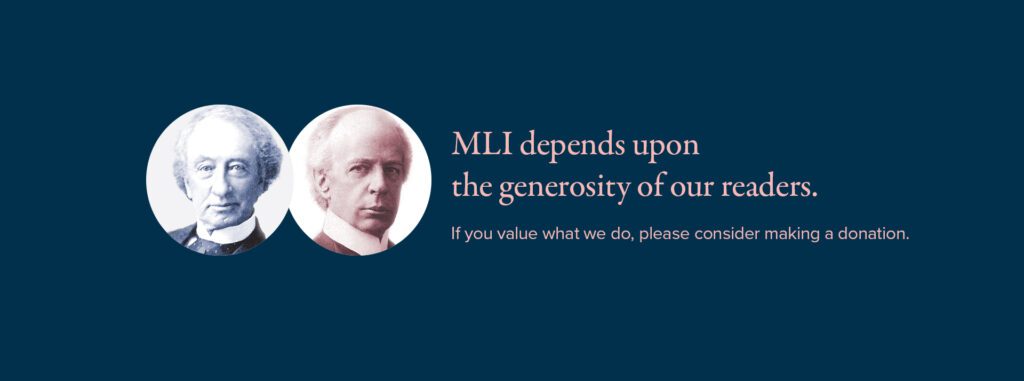This article originally appeared in The Hill Times.
By Karen Restoule, June 16, 2025
Canada is under pressure to build, and to do it fast. With this comes an historical opportunity: First Nations, industry, and government have a chance to come together through business partnerships and reposition the Canadian economy.
Historically, major project development has forged tensions between these three groups. But in recent years we’ve seen business-focused partnerships formed through equity, royalties, and other financial-based solutions. This has happened for projects of varying sizes, across various sectors, and in regions throughout the country. With this approach there has been growth. We are now seeing a shift in the relationship: from one of chaos and adversity to one of mutual benefit and shared jurisdiction.
The current moment presents an opportunity to grow that foundation. Many First Nations from coast to coast to coast are keen to partner in resource development within their respective territories and proactive partners. Over the past decade or so, we have witnessed several First Nations secure equity in major projects, create investments arms, and shape development to limit its impact and secure a constitutionally protected way of life.
When we talk about economic reconciliation, this is it. This is the stuff that moves beyond virtue signaling and towards nation building. Through these kinds of business partnerships, projects are developed in a way that respects First Nations’ territories, laws, and rights. All of this is only made possible by the time and effort invested in talking and listening to one another, and a willingness to share a vision.
In the Liberal government’s new bill, C-5, the One Canadian Economy Act, Ottawa seeks to create a federal Major Projects Office to reduce project approval timelines from five to two years. This, at face value, seems to be the appropriate solution for the challenges currently facing this country: lagging productivity and a heightened demand for infrastructure development.
However, in assessing the office’s potential, we must consider a factor that has had significant impacts on project timeliness: consultation and accommodation with First Nations.
The reality is that streamlining processes around major infrastructure development can’t come at the expense of constitutional obligations. The duty to consult—and, where appropriate, accommodate—is a requirement held by the Crown. It is mandatory in matters relating to First Nations where projects run the risk of impacting their rights—inherent, Treaty, and jurisdictional. It’s not a duty that can be outsourced to industry, nor can it be rushed or minimized to general conversation. It must be exercised with First Nations rights-holders in good faith.
As such, it’s important to recognize that any advice received from Indigenous Peoples within the Major Projects Office is just that: advice. To be clear, the legally required duty to consult cannot be fulfilled through the activities of this office. The legislation does include plans for an Indigenous Advisory Council in the office, but it’s unclear exactly how it will function. While their insights may assist the federal government in organizing itself, only the actual rights-holders speak on behalf of First Nations governments. The Crown’s obligation rests with the elected leadership of First Nations whose lands and rights run the risk of being impacted by a project.
That said, there are some key ways the office could make an impact. It could work to ensure that engagement is prioritized, done well, and done consistently. It could help shift negative perceptions of consultation, and show how a proactive approach often improves timelines, reduces litigation risk, and ultimately builds certainty—the kind investors look for when considering opportunities in Canada.
Further, the federal government needs a shift in mindset—from regulation to relationship. Streamlining approvals should not look like a checklist. It should front-load direct engagement so that First Nations protocols are upheld and parties are aligned before the permitting process begins. Big investment in co-ordination, time, and resources on the front-end is required here, and shortcuts should be avoided. What appears to be time intensive at the beginning will exponentially move things along on the back end of the process. It will also lay a foundation of trust, which is vital for relationships to advance.
Resource development has been central to Canada’s economy. The reality is that it will continue to be. The question is no longer whether First Nations should be included, or a choice between timeliness and First Nations rights. First Nations must be included as business partners from the outset, and it’s a question of laying out a framework for how to move projects forward with their involvement.
The bottom line: trust can’t be legislated, but it can be built.
Karen Restoule is the director of Indigenous Affairs with the Macdonald-Laurier Institute.







